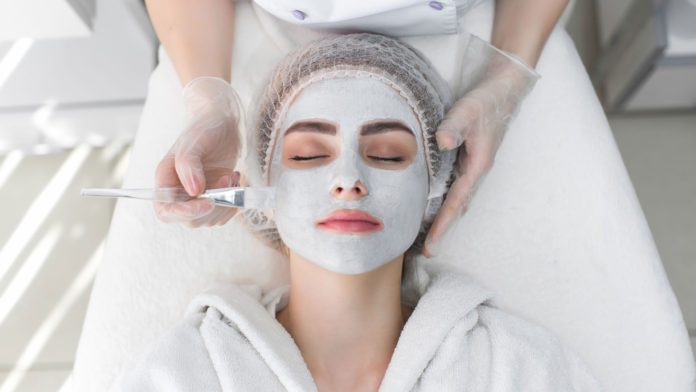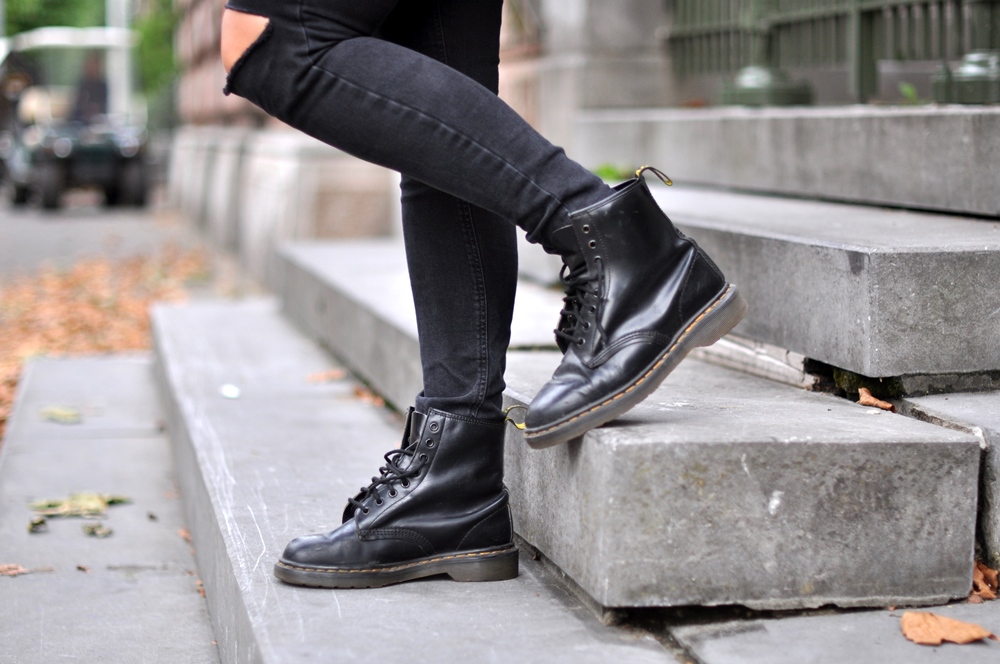Acne is an unfortunate part of the puberty experience and while we all get some spots from time to time, some of us can suffer from acne at a much more significant level that lasts far beyond our awkward teenage years. While the availability of acne treatment London and the rest of the UK has to offer has grown over the past few years, understanding the ins and outs of why we suffer from acne and what the potential long-term solutions is a must.
The Causes
Acne is ultimately caused when sebaceous glands in our skin are blocked up with excess sebum and other dirt and debris on our skin. Sebum in particular is usually to blame for blackheads, whiteheads and more, as this oily substance tends to mix with dead skin cells to form a sort of ‘plug’ in the holes and pores in our skin.
Normal spots and acne are harmless; however there are triggers that can cause a normal level to heighten considerably. Anything from hormone imbalances while on your period, increased levels of testosterone, pregnancy, cosmetics, medications and smoking can all cause excess sebum build up and therefore, acne.
The Treatments

If you’re looking to treat acne, there are a number of different things you can consider and it will all depend on how severe the acne is and whether this is an ongoing issue or not.
Most over-the-counter medications can help small cases of acne and can include anything from gels and creams to soaps and medicated pads that are applied to the skin. These can contain resorcinol, benzoyl peroxide, salicylic acid, sulfur, Retin-A, and azelaic acid in order to either break down the spot, kill off bacteria, unblock pores or reduce sebum production.
Severe acne can be solved or reduced using a number of more intense solutions and may require a trip to a dermatologist in order to gain advice. These treatments can include creams or gels that are stronger than those available over the counter, and include, corticosteroid injections for cysts, oral antibiotics for severe cases, topical antimicrobials, isotretinoin, and even contraceptive pills for women.
Are There Any Long-Term Solutions?
While there is no quick fix for long-term avoidance of acne, there are a number of things you can put into place to help you reduce the amount of acne you have and prevent extreme breakouts in the future. Here are just a few:
- Do not scrub your skin or burst pimples when you do get them, as this may cause infection or scarring
- Wash your face twice a day with an acne-specific soap, but no more than twice.
- Avoid excessive touching of your face
- Wash your hands before applying creams, lotions or makeup
- Keep hair clean to help reduce sebum output onto your skin
- Avoid excessive sun exposure as this can also produce more sebum
- Try and reduce anxiety or stress where possible
- Clean makeup brushes regularly
While there is not a fast fix for acne, there are a number of different things you can do to help reduce the number of spots you’re getting. Whether you need a touch of extra help from a dermatologist, or a simple OTC cream will do the job depends on you and your skin type, but a simple trip to the GP may be able to answer that question for you.


























